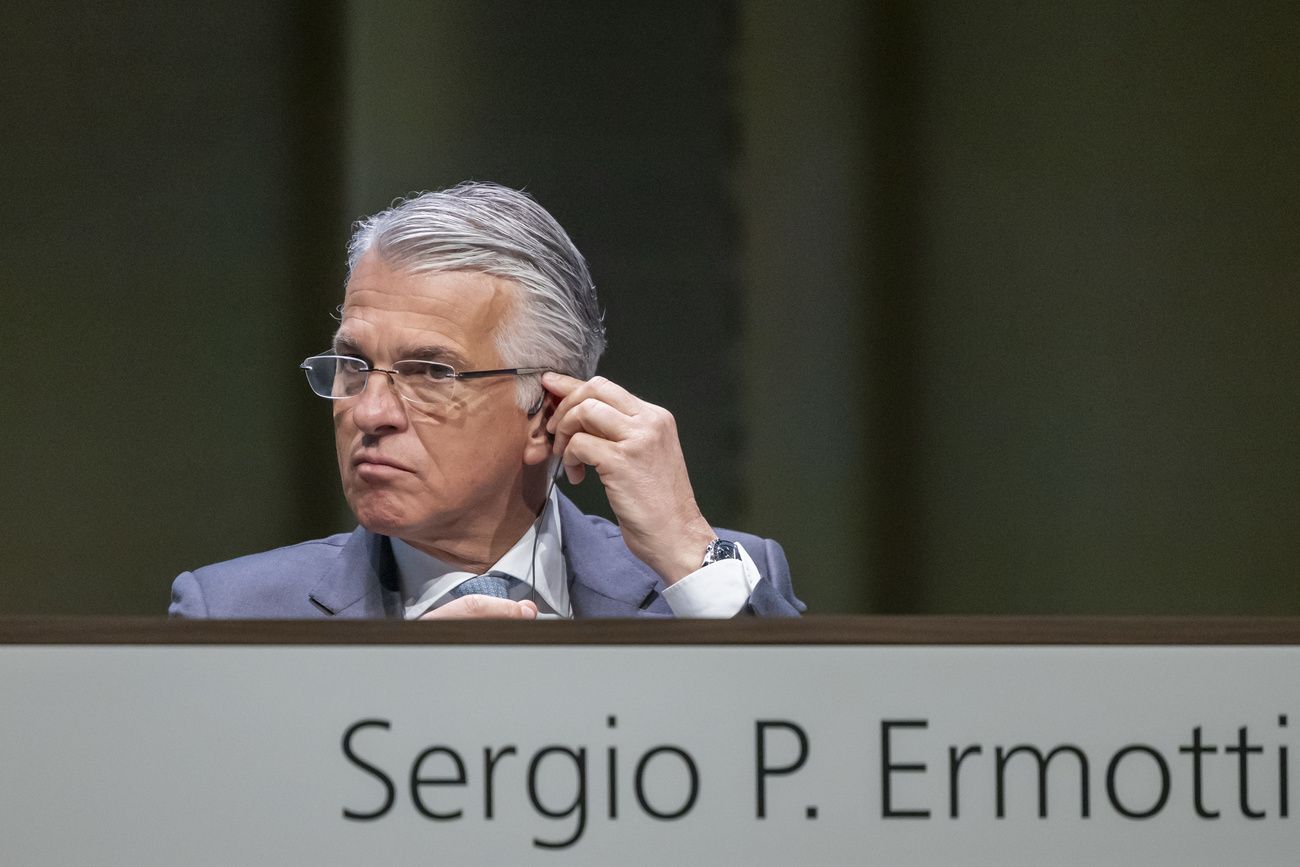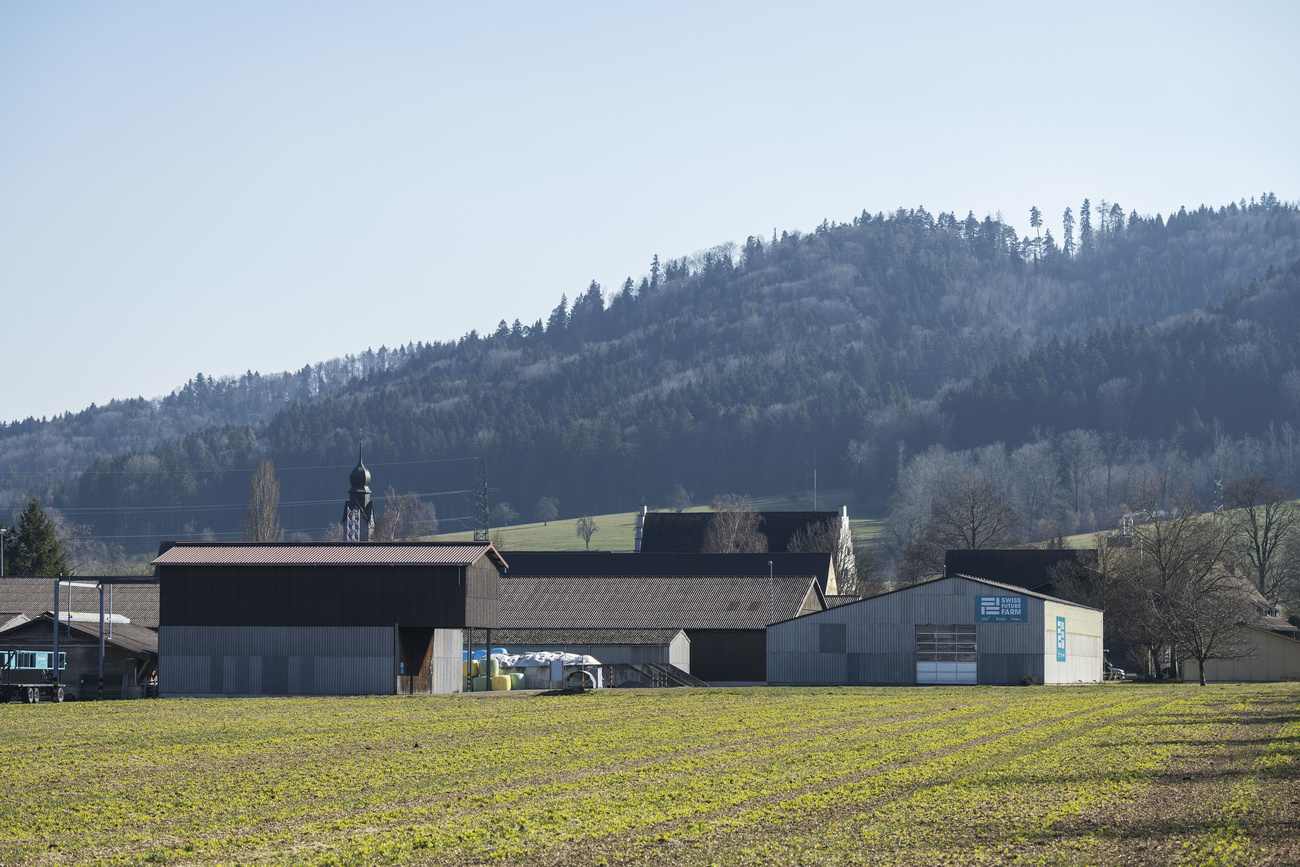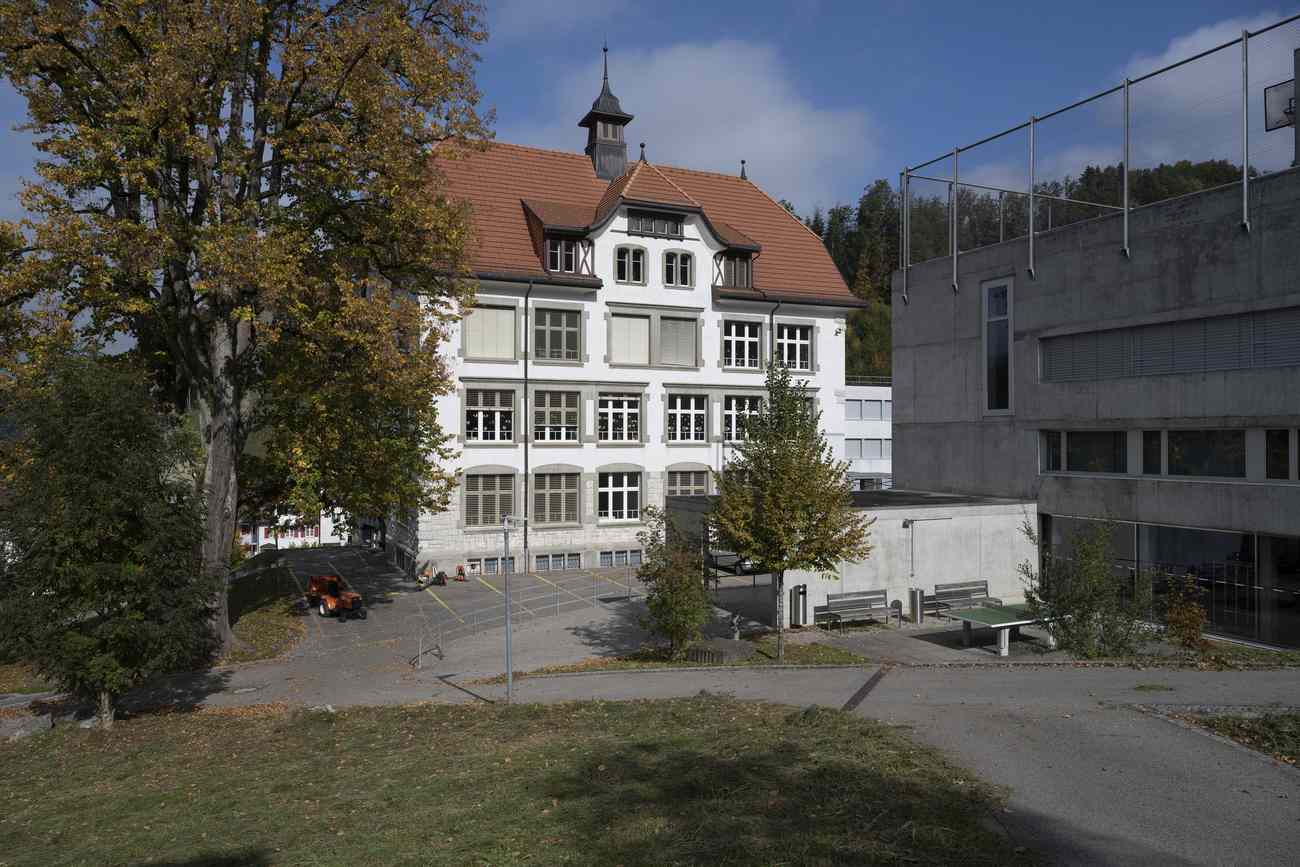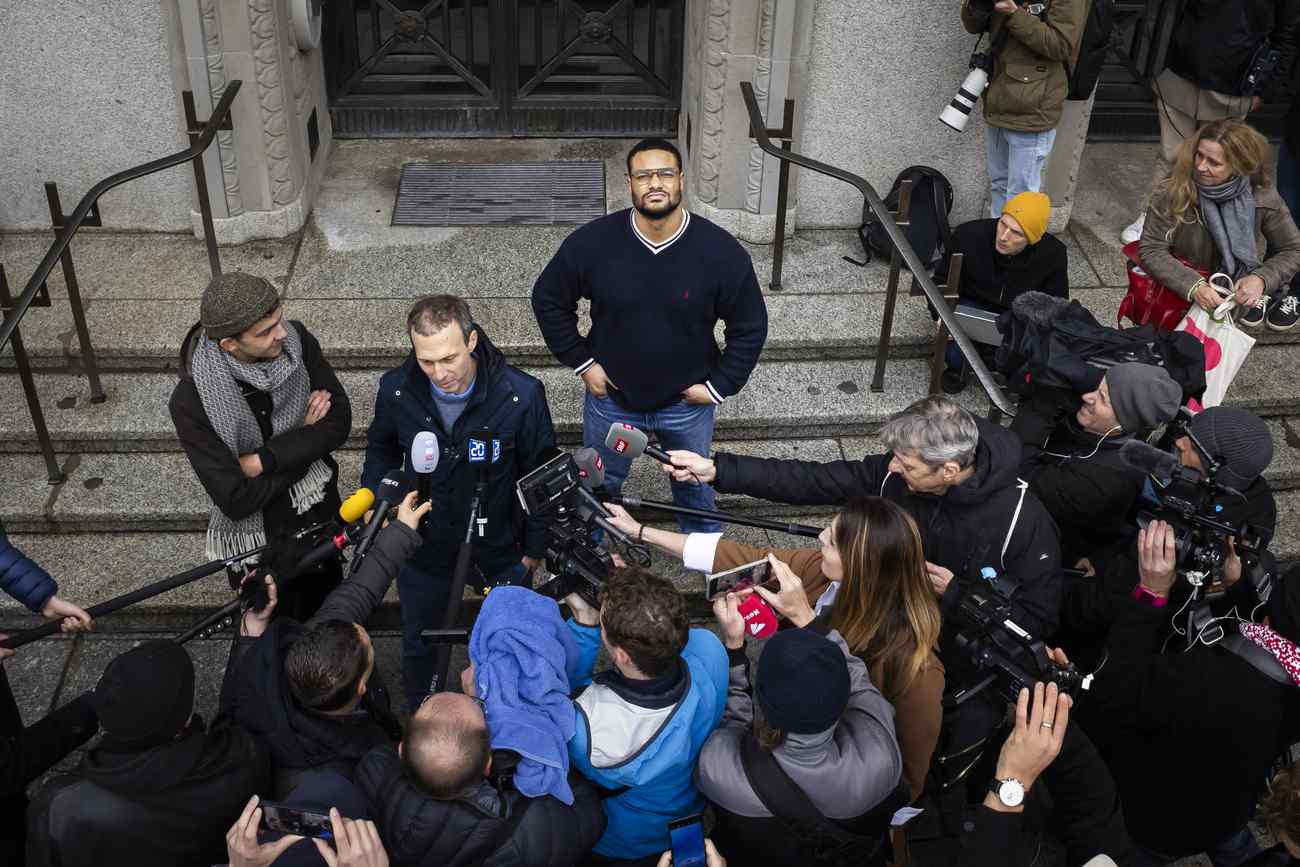Switzerland launched a charm offensive for the bilateral agreements 30 years ago
Published: Monday, Jan 1st 2024, 10:50
Back to Live Feed
In 1993, the Federal Council under President Adolf Ogi launched a unique charm offensive towards European countries. After the defeat in the EEA referendum on December 6, 1992, bilateral negotiations with the EU were initiated.
Around 1700 newly accessible key documents from the Federal Archives also document an intensification of global economic contacts, for example with Malaysia, Thailand, Pakistan, Iran and Morocco in 1993 following Switzerland's rejection of the European Economic Area (EEA), according to the Swiss Diplomatic Documents Research Center (Dodis).
"The files show that the Federal Council launched an unprecedented visit offensive in response to the shock after the EEA rejection, thanks to which bilateral sectoral negotiations with the EU were able to begin towards the end of the year," noted Dodis Director Sacha Zala.
"Defiance doesn't help in the long term"
The highlight of the foreign policy charm offensive was the visit of German Chancellor Helmut Kohl. The most important European policy discussion for Switzerland following the rejection of the EEA Treaty by the Swiss electorate took place behind closed doors on October 18, 1993 at the Lohn estate in Kehrsatz near Bern.
In addition to Kohl, the then President of the Swiss Confederation Adolf Ogi and the then Federal Councillors Flavio Cotti and Kaspar Villiger were also present. For Kohl, Switzerland's decision to join the EU was "an imperative of the simplest understanding". According to hand notes by President Adolf Ogi, Kohl warned: "Swiss defiance is of no use in the long term."
According to Dodis, the Federal Council pursued a multi-pronged integration strategy. On the one hand, it adhered to the long-term goal of EU membership and therefore did not withdraw the application to begin accession negotiations. The Federal Council also did not rule out the possibility of Switzerland joining the EEA at a later date. However, the primary objective of the national government was to enter into bilateral sectoral negotiations with the European Community.
Parallels with the present are appropriate: The draft negotiating mandates adopted at the end of 2023 have put relations between Switzerland and the EU back on track. As it did 30 years ago, Switzerland is once again seeking solutions in sectoral bilateral agreements. Neither EU accession, the EEA nor an institutional framework agreement recently appeared to be options that could win a majority.
The British Prime Minister John Major visited Bern back in April 1993. In December 1993, President Ogi received French President François Mitterrand at his home in the Bernese Oberland. Shortly afterwards, Ogi traveled to Madrid to herald a new beginning at the highest level with the "toughest negotiating partner within the EU on the issue of adopting bilateral negotiating mandates", as the archive documents put it.
Etappensieg
On November 9, 1993, the Council of European Foreign Ministers signaled that the Community was ready to enter into sectoral bilateral negotiations with Switzerland. The Federal Council had thus achieved its first interim goal.
Foreign Minister Cotti put the success into perspective: "Good lawyers, if not friends, have worked on Switzerland's behalf" so that the member states would have agreed to meet Switzerland's negotiating wishes.
Federal Councillor Jean-Pascal Delamuraz emphasized that the EU's demands regarding the adoption of the acquis communautaire - "this institutional issue that hurt so much in the discussion on 6 December" - were by no means off the table. The institutional consequences for Switzerland would be the subject of tough negotiations.
Tough negotiations
The foreign ministers of the Twelve were divided on the strategy towards Switzerland: the southern European countries (Spain, Italy and Portugal), many of whose nationals work in Switzerland, wanted concessions from Bern, while the northern European countries, which were less interested in the free movement of workers, were more moderate.
There were still many obstacles to overcome before the Bilateral Agreements I were concluded in 1999.
https://www.dodis.ch/de/neue-dokumente-zur-schweizer-aussenpolitik-1993
©Keystone/SDA










